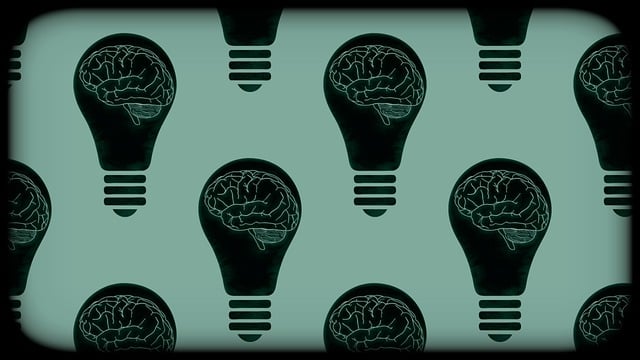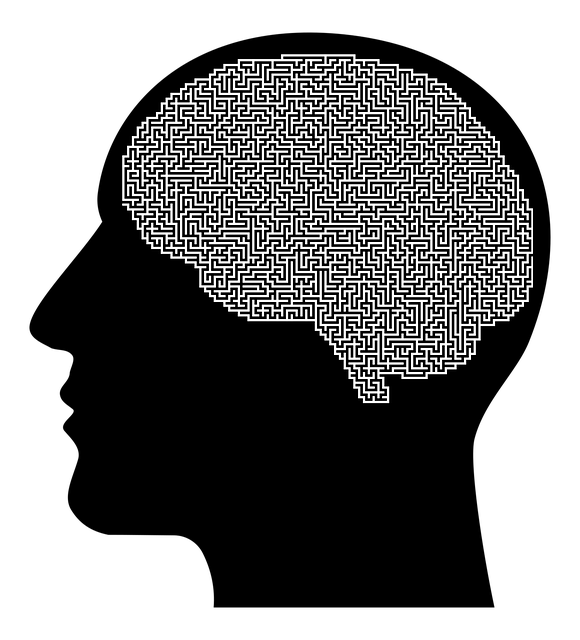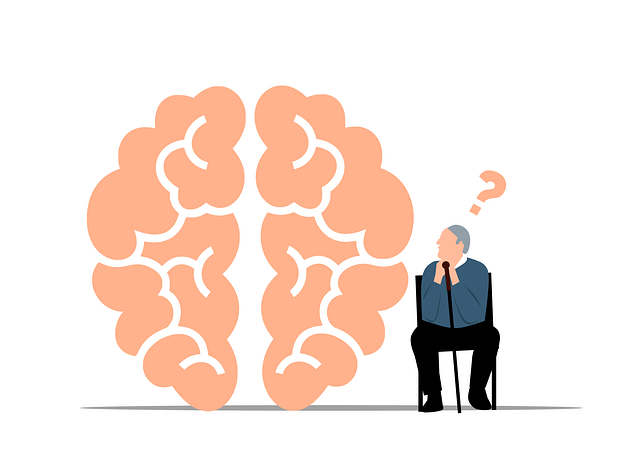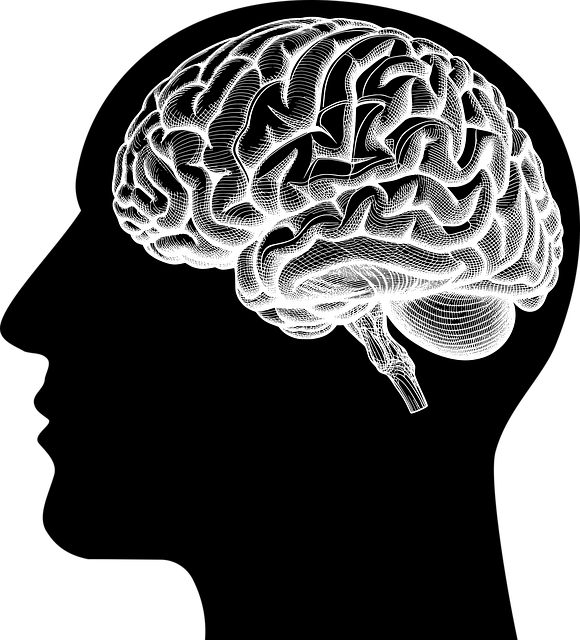The mental illness diagnosis process in Colorado Springs faces challenges due to complex conditions, subjective symptoms, and uneven access to specialized services, leading to misdiagnosis and delayed treatment. To improve accuracy, a multi-faceted strategy is proposed, focusing on provider education, early intervention through community campaigns, evidence-based practices, wellness coaching, and self-care initiatives. These approaches aim to enhance diagnostic precision at Colorado Springs Christian Counseling Therapy, ensuring tailored, effective care for all patients. Addressing cultural biases and stigma is also critical to ensure everyone receives appropriate care, especially through culturally sensitive Crisis Intervention Guidance and Resilience Building techniques.
Mental illness diagnosis accuracy is a critical aspect of patient care, and continuous improvement efforts are essential. This article delves into the challenges and gaps surrounding mental health diagnoses, highlighting common misdiagnoses and factors like cultural biases and stigma that impact accuracy. It explores innovative solutions, including digital screening tools and multidisciplinary teams, to enhance diagnostic techniques. Additionally, it discusses the pivotal role of community support and education, using Colorado Springs Christian Counseling Therapy as a model, in fostering early intervention and reducing stigma.
- Assessing the Current State: Challenges and Gaps in Diagnosis
- – Discussion on common misdiagnoses and their impact
- – Overview of factors affecting accuracy (e.g., cultural biases, stigma)
Assessing the Current State: Challenges and Gaps in Diagnosis

The current state of mental illness diagnosis faces significant challenges and gaps, particularly in areas like Colorado Springs where access to specialized services varies widely. The complexity of mental health conditions often leads to misdiagnosis or delayed treatment. This is exacerbated by the fact that symptoms can be subjective and overlap between different disorders, making it difficult for even seasoned professionals to pinpoint an accurate diagnosis. For instance, what seems like anxiety could be a symptom of depression or a trauma-related disorder.
Addressing these issues requires a multi-faceted approach. Improving diagnostic accuracy involves enhancing educational programs for healthcare providers, encouraging early intervention through community outreach and awareness campaigns, and promoting evidence-based practices. Moreover, integrating mental wellness coaching programs and self-care initiatives can empower individuals to take an active role in managing their mental health. Such strategies aim to bridge the gaps in diagnosis and treatment, ensuring that those seeking help receive the most appropriate and effective care, ultimately improving overall mental wellness in communities like Colorado Springs Christian Counseling Therapy.
– Discussion on common misdiagnoses and their impact

Mental health professionals often encounter challenges when it comes to accurate diagnoses, leading to misidentifications that can significantly impact a patient’s treatment journey. Common misdiagnoses include conditions such as anxiety disorders, depression, and even more complex cases like bipolar disorder or schizophrenia. These errors can be attributed to various factors, including the subjective nature of symptoms, comorbidities, and the vast spectrum of possible presentations. For instance, a person experiencing both low self-esteem and anxiety might initially be misdiagnosed with major depressive disorder, hindering their path to tailored treatments like Colorado Springs Christian Counseling Therapy.
The consequences of misdiagnosis are far-reaching, potentially leading to inappropriate medication, ineffective therapy, or even prolonged suffering. This is why focusing on self-esteem improvement and enhancing emotional intelligence can play a pivotal role in diagnosis accuracy. By encouraging open communication and fostering an environment where individuals feel comfortable expressing their unique emotional experiences, therapists can navigate the complexities of mental health more effectively. Through such approaches, patients in Colorado Springs seeking anxiety relief or broader mental wellness support are more likely to receive precise diagnoses, enabling them to access the most suitable therapeutic interventions.
– Overview of factors affecting accuracy (e.g., cultural biases, stigma)

Diagnosing mental illness accurately is a complex task, often hindered by various factors that can significantly impact assessment and treatment outcomes. One of the primary challenges lies in cultural biases present within the mental health field. Different cultural backgrounds influence how individuals perceive and express their emotional experiences, potentially leading to misdiagnosis or overlooked symptoms. For instance, a study might reveal that certain cultural groups exhibit unique presentations of anxiety or depression, which can be easily misunderstood by practitioners unfamiliar with those cultures.
Stigma surrounding mental illness is another critical factor affecting diagnosis accuracy. Many individuals from diverse communities fear judgment and may underreport their symptoms due to the fear of being labeled or discriminated against. This stigma often prevents people from seeking help, especially when it comes to accessing specialized services like Colorado Springs Christian Counseling Therapy. Promoting emotional well-being requires efforts to combat these biases and stigmas, ensuring that everyone receives culturally sensitive Crisis Intervention Guidance and Resilience Building techniques tailored to their unique needs.
In light of the challenges and gaps in mental illness diagnosis highlighted in this article, efforts to enhance accuracy are more crucial than ever. By addressing cultural biases and stigma, and leveraging evidence-based practices, Colorado Springs Christian Counseling Therapy can play a pivotal role in improving diagnostic reliability. Such strides not only ensure individuals receive appropriate care but also foster a more compassionate and supportive environment for those seeking help.














